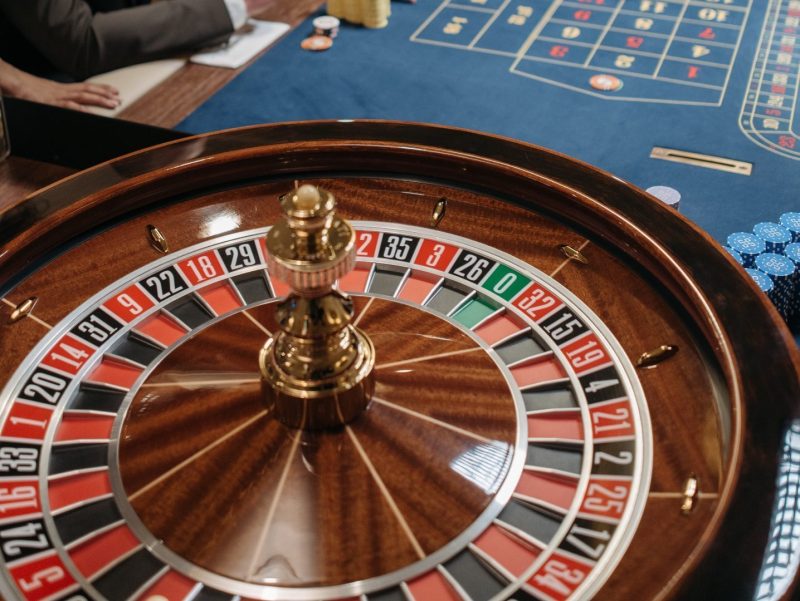Roulette is a classic casino game that has captivated the hearts of gamblers for centuries. Its iconic spinning wheel and the thrill of watching the ball decide your fate have made it a casino staple. Whether you’re a novice or an experienced player, this guide to roulette will take you through the game’s rules, strategies, and much more, ensuring you’re well-prepared for your next spin of the wheel.

Roulette Basics:
The game revolves around a spinning wheel divided into 37 (in European roulette) or 38 (in American roulette) numbered pockets, each with a color (red or black).
A small ball is set in motion on the spinning wheel in the opposite direction, and the ultimate goal is to predict where the ball will come to rest.
Understanding the Bets:
Roulette offers a variety of betting options, including:
- Inside Bets: These are bets placed on specific numbers or small groups of numbers within the roulette layout. Inside bets include straight bets, splits, street bets, corner bets, and more.
- Outside Bets: These are wagers placed on broader outcomes, such as red or black, odd or even, and high or low numbers.
- Call Bets: These are special bets made on specific sections of the roulette wheel. Call bets can include the neighbors of zero, the third of the wheel, and the orphan bet.
Strategies for Success:
While roulette is a game of chance, there are strategies that players can employ to manage their bets effectively:
- Martingale Strategy: This strategy involves doubling your bet after each loss. It’s popular but can be risky if you experience a losing streak.
- Labouchere System: This system requires players to set a sequence of numbers and modify their bets based on wins and losses.
- D’Alembert System: In this system, players increase their bets by one unit after a loss and decrease them by one unit after a win.
- Fibonacci System: Similar to the D’Alembert system, this strategy is based on the Fibonacci sequence, where the next bet is the sum of the previous two.
European vs. American Roulette:
It’s essential to note the key difference between these two variants. European roulette has 37 pockets, while American roulette has 38, thanks to the addition of a double zero (00). The presence of the double zero increases the house edge in American roulette, making European roulette more favorable for players.
Conclusion:
This guide to roulette provides you with the foundational knowledge to enjoy and potentially excel at this iconic casino game. Remember that, ultimately, roulette is a game of chance, and there’s no foolproof strategy to guarantee success. Enjoy the game, set your limits, and savor the excitement as the wheel spins and your bets unfold. Whether you’re in a brick-and-mortar casino or playing online, roulette offers a timeless and captivating gaming experience.